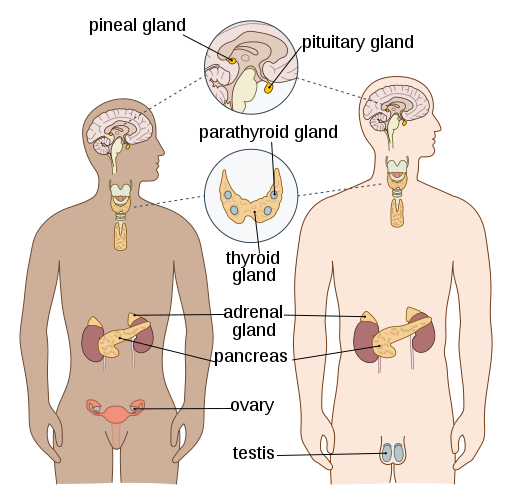
STD TESTING
8 Test STD Panel
8 Test STD Panel with HIV Early Detection
Urine STD Panel
Hepatitis A, B, & C
Individual STD Tests
GENERAL WELLNESS
Standard Metabolic Health Panel
Advanced Metabolic Health Panel
Cardiac Risk Monitoring Panel
Colon Cancer Screening
Thyroid Health Panel
MEN'S HEALTH
Standard Men's Health Panel
Complete Men's Health Panel
Men's Anti-Aging Hormone Panel
Men's Prostate Health Panel
WOMEN'S HEALTH
Standard Women's Health Panel
Complete Women's Health Panel
Fertility Tracking Panel
Pregnancy Test
Women's Anti-Aging
ALLERGIES AND SENSITIVITIES
DIABETES SCREENING
INDIVIDUAL TESTS
DRUG TESTING

 Source:
Source: 



